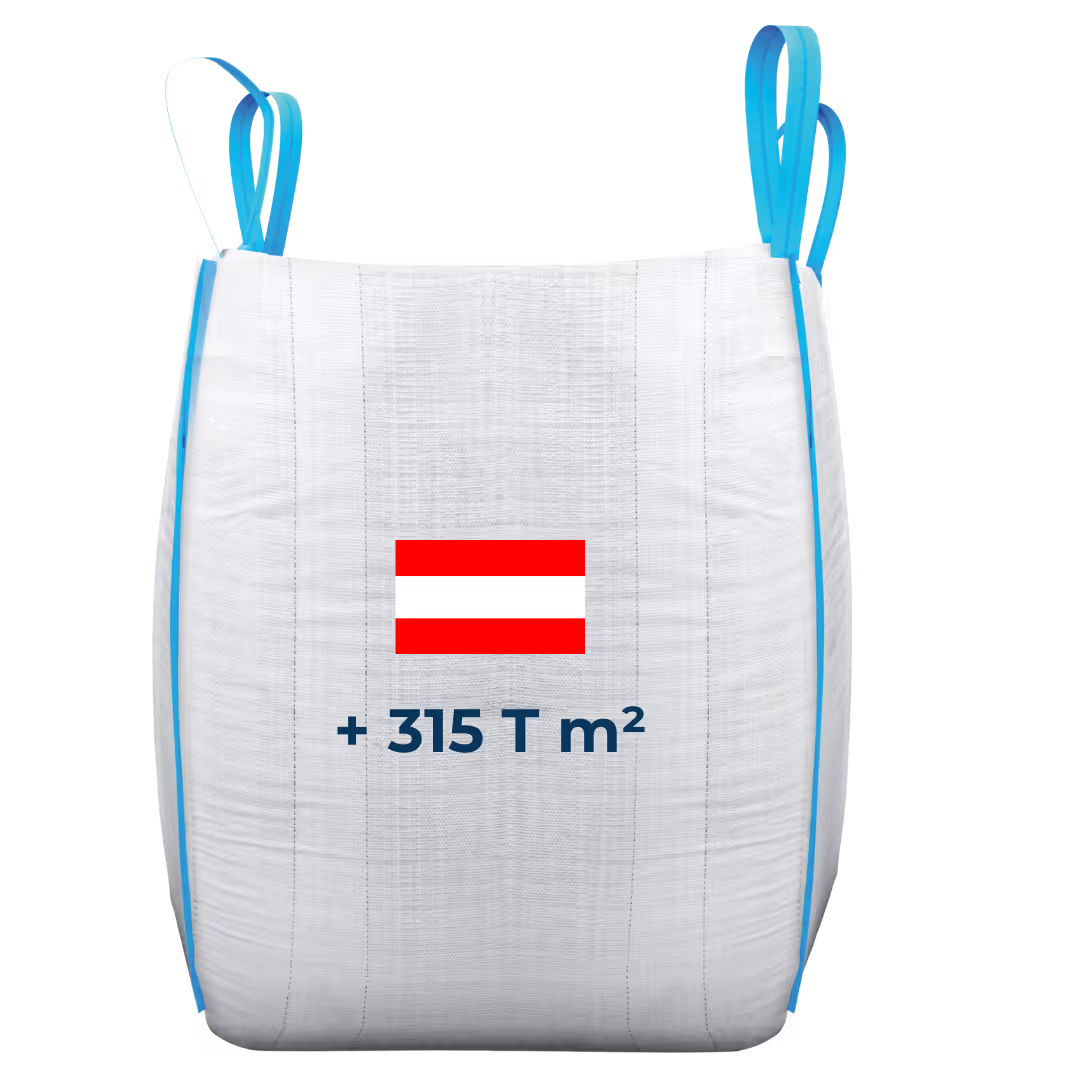in the area of road construction
by CTS
Rubber Modification vs. Polymer Modification
offers the following advantages:

Longer service life:
up to 60%

Long-term cost savings:
up to 31%

Reduction of CO2 emissions:
up to 41%

Upcycling Truck Tires & Recycling Rubber-Modified Asphalt
What is a high-quality rubber modification
Using rubber from recycled truck tires
Preparation of GRM in a wet process at least 200 degrees over several hours
Dry addition during asphalt production at the asphalt mixing plant
(also with LT Asphalt)
Rubber modification can only keep its promises if these requirements are met. The manufacturer-neutral and product-neutral material GRM meets these requirements. With our product GRM by CTS, we are proud to offer the highest quality rubber modification on the market!

The CTS team

Sales & Technology

Manager production plant
FAQ
Is CTS the only manufacturer of GRM?
No, GRM is a product- and manufacturer-neutral material distributed by CTS. As with other binders, there are other competitors on the market.
How does the use of GRM work?
GRM is added dry as finished granulate to the asphalt mixing plant as part of asphalt production.
Can GRM also be used in the production of low-temperature asphalt?
Yes you can! We have already had very good experiences here. The reason for this is that GRM is manufactured using a wet process, which means that it is already fully reacted and therefore no longer requires high temperatures in asphalt production.
Is there a minimum quantity that must be purchased?
You can order in exact quantities.
How must GRM be spelled out in the list of services?
Please feel free to contact us, we will be by your side throughout the construction project, i.e. from the tendering process to the construction site. The construction project should be implemented in the best possible way, which is why we are also on site during installation and are available to the contractors if they have any questions.
CTS blog
Here are updates on the subject of rubber modification:










